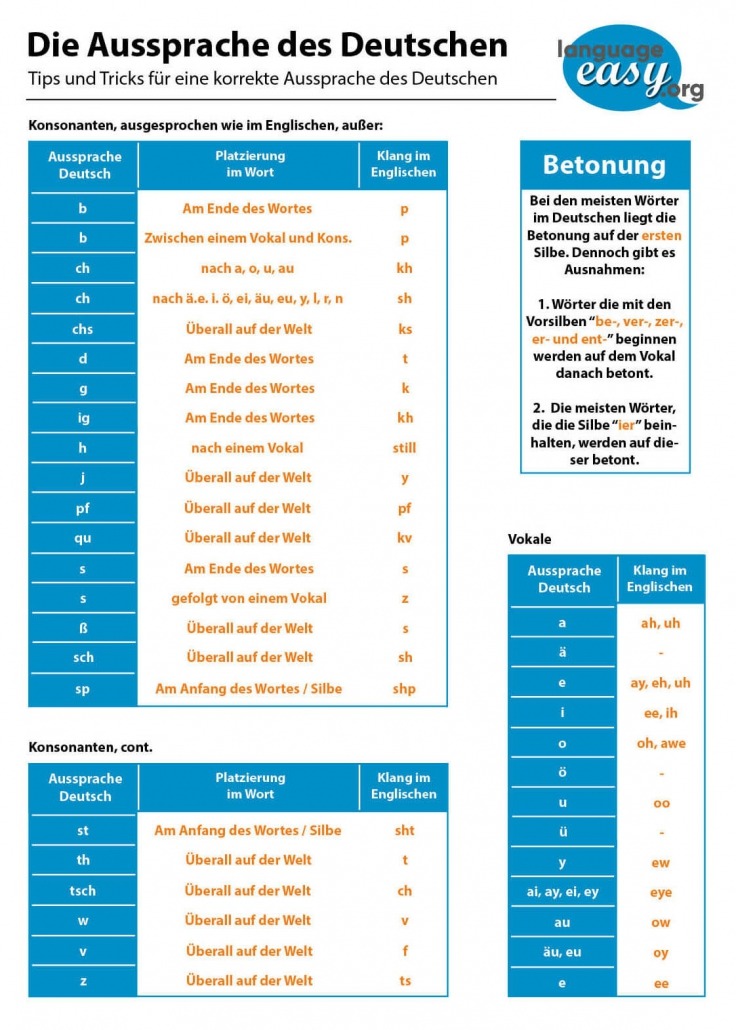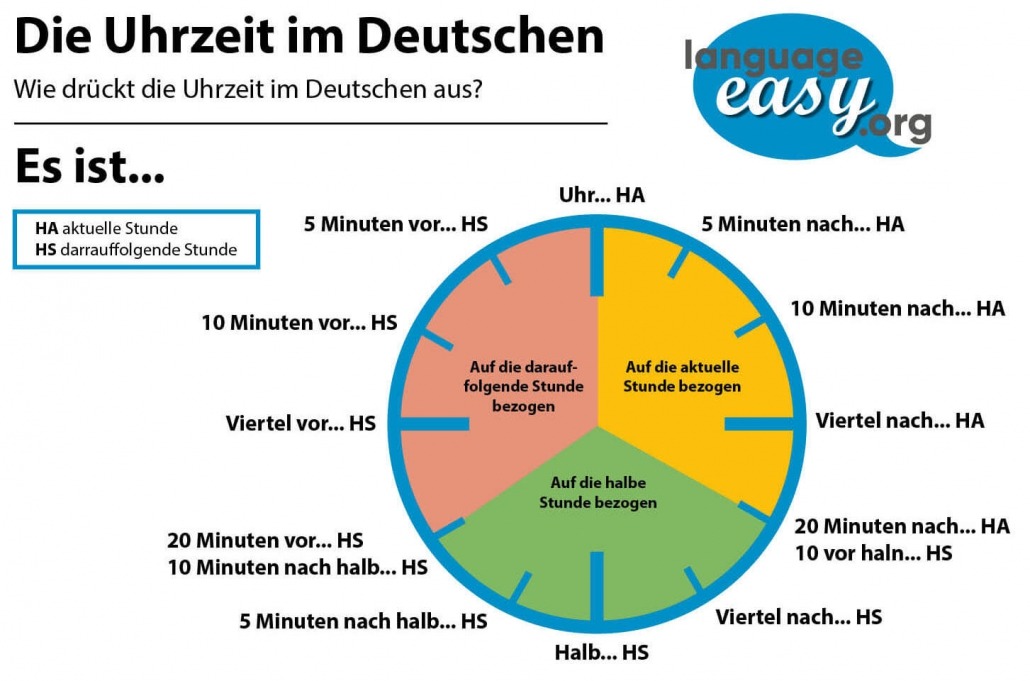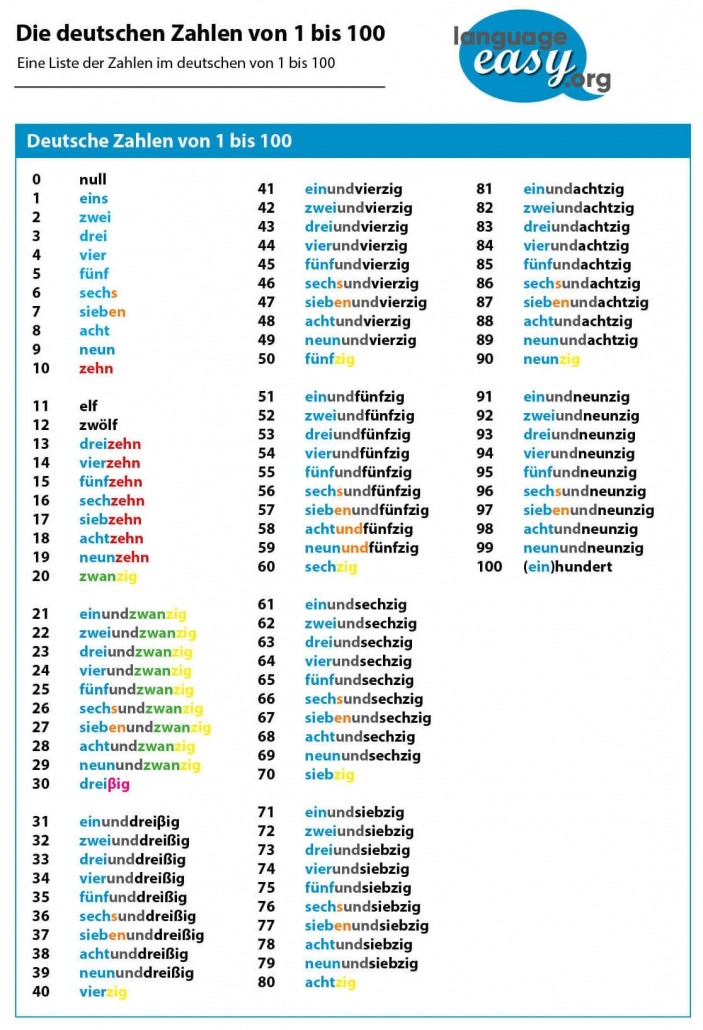German Culture
German Culture
Welcome to language-easy.org! Today I’d like to talk about German culture – in specific about the German way of life. Well, apart from from German language, you also should know somethings about the country and its people, as well! So, how are these Germans actually? Are the stereotypes of strict Germans, without any sense of humor and just following orders true?
Well, in the last decades Germany has become famous for a lot of things. First, the quality of life is rather high, offering free healthcare and education for everyone. Also German economy is really strong, especially compared to its – rather small – size. But apart from these facts – what are real, modern German values?
In the following I’d like to show you show some aspects of German culture that makes this country and its people so unique in this world.
The German Way of Life
So, let’s come right to the most important part of this article about German culture – What are German values and what is their way of life? In the following we will compare German culture to the way of life in North America.
High Quality of Life
As a good indicator for quality of life, we will have a look at the Mercer quality of life survey. Here, this study examines the quality of life in different countries all over the earth. So, the factors that are examined are for example the strength of economy, environmental awareness and the political stability. But also the quality of education and the accessibility to public transport are of high importance. As a result, German cities are frequently present in the top 25 cities with the highest quality of life. By the way, Munich is the top ranking city in Germany being on the 13th place worldwide.
But there are also other factors that make German culture so valuable for the quality of life. For example, the parental leave in Germany gives new parents up to three years time to spend with their child. Furthermore, you can receive “Elterngeld”, which is a amount of money of about 190 Euros you receive every month. Compared to the U.S., this is a far more social manner of treating parents.
Separation of Work and Private Life
In German culture, especially compared to North American culture, a clear separation of work and private time is really important. So, there is actually a real work-life balance: Weekend is a real weekend. Furthermore, Germans have a 40 hours week on average and 25 to 30 days of paid vacations.
German Healthcare System
So, the universal healthcare system is another really important part of German culture. As everyone has an insurance, it is far easier to see a doctor than in the U.S. Every necessary drug is covered by this insurance – which brings much more social security for people in Germany. Additionally, sick days at work are not cut off your vacation days. Furthermore, employees have up to three day to get better without having to show a doctor’s proof. And the best – German healthcare system covers 70% of your salary on sick days.
German Public Transportation
Well, a central part of German culture is the high quality of public transportation. Whereas in the U.S. you mainly use your car to get from point A to point B, in Germany you a wide spread system of public transportation. Whether you take the bus, the train, the “Tram”, the “S-Bahn” or the “U-Bahn” – public transportation is every available for affordable prices. Of course, you are in Germany! So, Trains and other transportation is nearly always in time.
Free Education for Everyone
So, free education for everybody is another important part of German culture. Whether you go to kindergarten, primary school, high school or university, every type of education is free. Of course, there are private school which have high costs. But most Germans choose public education due to its high quality and the broad offer of for example different study courses of universities.
Compared to the U.S. where the average cost for a four-year institution is about 33.000 Dollars estimated, studying in Germany has a big advantage. Here, students don’t have to worry about student loans and the risks of going into debt.
Furthermore, the German state offers to German students a student-loan called “BaFöG”, which consist of 50% loan without interest rates and 50% of state substitution.

German Stereotypes
Last but not least, we have to talk about this funny part of German culture, well, its stereotypes. You might think…
The national pastime in Germany is playing soccerwhile eating Sauerkraut dressed in Dirndls and Lederhosen with Kraftwerk and Rammstein playing in the background.
Of course, that’s not quite true. Nevertheless, there is always something true in stereotypes. In the following i’d like to show you a short list of, actually quite true, stereotypes.
- First, Germans are direct.
- Second, Germans love organisation, structure are most importantly, rules.
- Third, Germans are punctual.
- Fourth, Germans love soccer.
- Fifth, Germans are distant.
- Sixth, German love beer and bread.
- Sventh, German love sausages.
Maybe you will laugh about some of the mentioned stereotypes. Actually, it is quite astonishing that many of them are quite real in their core. Of course, you should just make your own experience and visit Germany some time. With all the German you already learned on language-easy.org, you won’t have any problem in finding some native Germans to talk to. So, you are going to find out whether these stereotypes are true or not.
Well, I think we have come to the end of this article about German culture. Hopefully, you could get a idea of German way of life and the German culture. In case you want to get deeper in the world of German grammar, just have a look to the other parts of this website.
Auf Wiedersehen!






